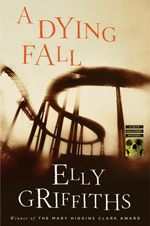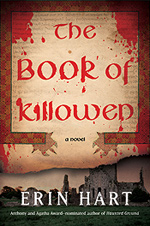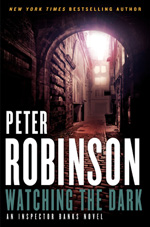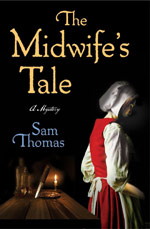Deborah Crombie: The Sound of Broken Glass
Deborah Crombie’s new novel explores the world of music and the limits of friendship. Set in the neighborhood of London known as the “Crystal Palace,” after the legendary and long ago burned down icon of Victorian progress, the neighborhood itself is not so legendary. It’s instead a bit gritty, and in the past it’s home to a miserable 13 year old boy who is looking out for his alcoholic mother, learning to play the guitar, and being befriended by his next door neighbor, an “older” woman who seems exotic to him. The woman, Nadine, often shares her dinner with him, sensing he’s hungry; it’s the first time an adult has looked out for him.



